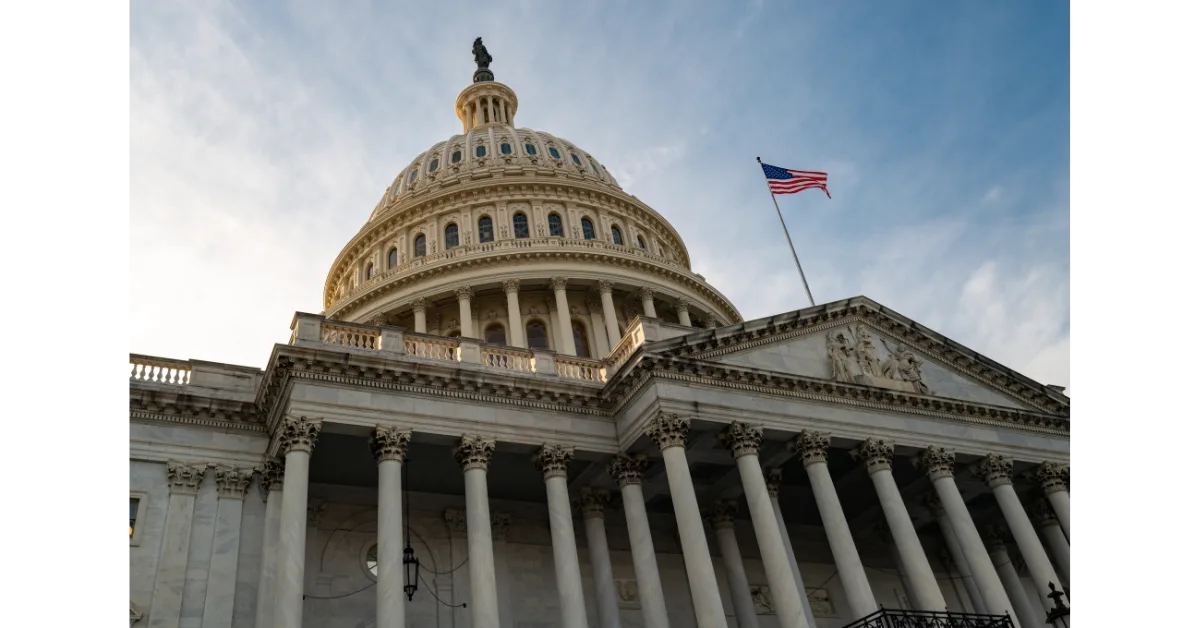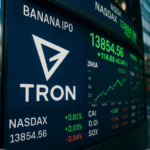Now Reading: Tether Plans U.S.-Compliant Stablecoin ‘USAT’ Under New GENIUS Act Rules
-
01
Tether Plans U.S.-Compliant Stablecoin ‘USAT’ Under New GENIUS Act Rules
Tether Plans U.S.-Compliant Stablecoin ‘USAT’ Under New GENIUS Act Rules

Tether, the world’s largest stablecoin issuer, will introduce a new U.S.-dollar token called USAT. The product is designed to comply with Washington’s recently enacted GENIUS Act. The move signals Tether’s most direct attempt to operate under U.S. law after years of scrutiny over its offshore token USDT.
The GENIUS Act is the first U.S. law covering dollar-backed tokens. It requires issuers to keep verifiable reserves, undergo quarterly audits, and hold customer funds with regulated custodians. Policymakers say the framework protects investors and secures the dollar’s role in global digital markets. For issuers, it creates costs but also opens access to U.S. institutions. Therefore, Tether’s decision is notable given USDT’s $120 billion market capitalization and global dominance.
Regulatory Standards and Market Reaction
USAT will rely on Treasuries, repo agreements, and insured bank deposits. Tether promised monthly attestations from a Big Four auditor and quarterly reviews under U.S. accounting rules. Transfers will require identity checks. Furthermore, the Treasury’s financial crime unit will monitor transactions under anti-money-laundering rules published by the U.S. Department of the Treasury.
“Regulation is no longer optional. The GENIUS Act creates clarity, and USAT is our answer,” said Paolo Ardoino, Tether’s Chief Executive. “It is built for U.S. institutions, fintech firms, and consumers who want stability with compliance.”
Analysts call the step both strategic and defensive. “USAT is Tether’s bridge into regulated finance, but credibility will hinge on transparency,” said Clara Medina, strategist at Vertis Capital. “Investors still recall years of doubts over USDT’s reserves.”
The Office of the Comptroller of the Currency described the plan as “encouraging.” It also warned that oversight will remain “strict and ongoing.” Meanwhile, competitors moved to respond. Circle, issuer of USDC, said the new law “raises the bar for the industry” and welcomed compliant entrants. With a $44 billion market capitalization, USDC remains the largest regulated U.S. stablecoin.
“Liquidity will flow toward the tokens with the cleanest regulatory profile,” said David Lin, head of research at Pioneer Markets. “If USAT proves itself, exchanges may list it quickly to capture demand.”
Tether’s strategy reflects growing competition in stablecoins. The firm remains dominant but has faced legal disputes and governance questions. In contrast, the GENIUS Act raises standards that smaller issuers may not meet, which could force consolidation. Moreover, the absence of a U.S. central bank digital currency leaves private stablecoins as the main vehicle for on-chain dollars. As a result, Tether is betting that compliance will deliver both legitimacy and advantage. “The company is trying to move from offshore heavyweight to regulated institution,” Medina said. “If it succeeds, it gains access to U.S. markets for the long term.”
Recap
Tether’s USAT plan shows how regulation is reshaping the stablecoin market. The token will face strict audits, custody rules, and compliance checks. Analysts say trust and transparency will decide adoption. Success could make USAT a key regulated anchor for digital dollar flows. Failure would instead leave rivals such as Circle and Paxos stronger. For global markets, the development confirms that stablecoins are entering a new era defined by compliance and credibility.
Gemini Trade. Secure Crypto on the Go.
SponsoredLooking for a secure and easy way to manage your crypto? Gemini helps you buy, sell, and store digital assets in just a few taps – no stress, no hassle.
With powerful tools, live market tracking, and insured wallets, Gemini gives you peace of mind while keeping you in control of your portfolio – whether you’re new to crypto or a seasoned trader.
Get started for free and make smarter trades with Gemini today.

















